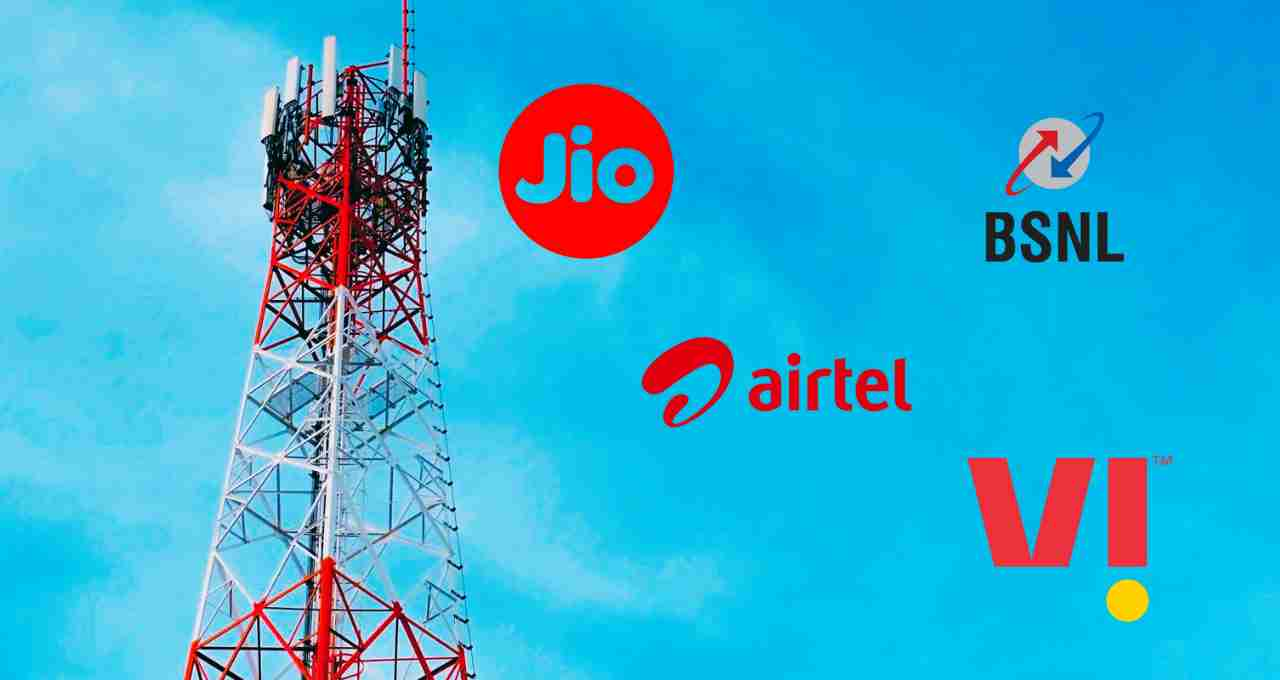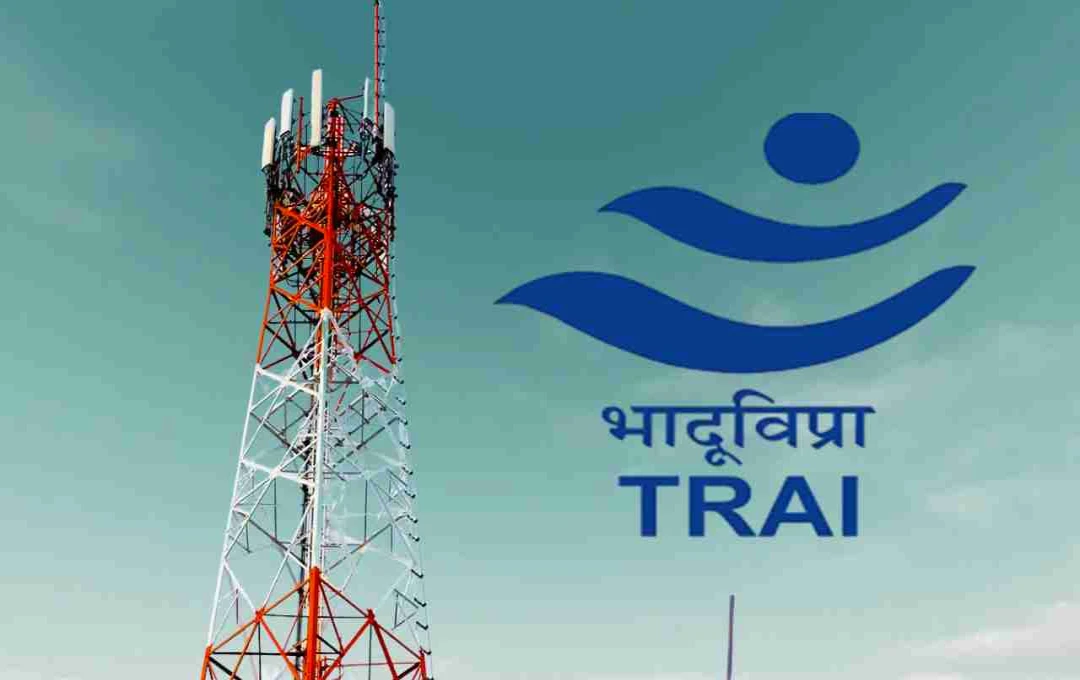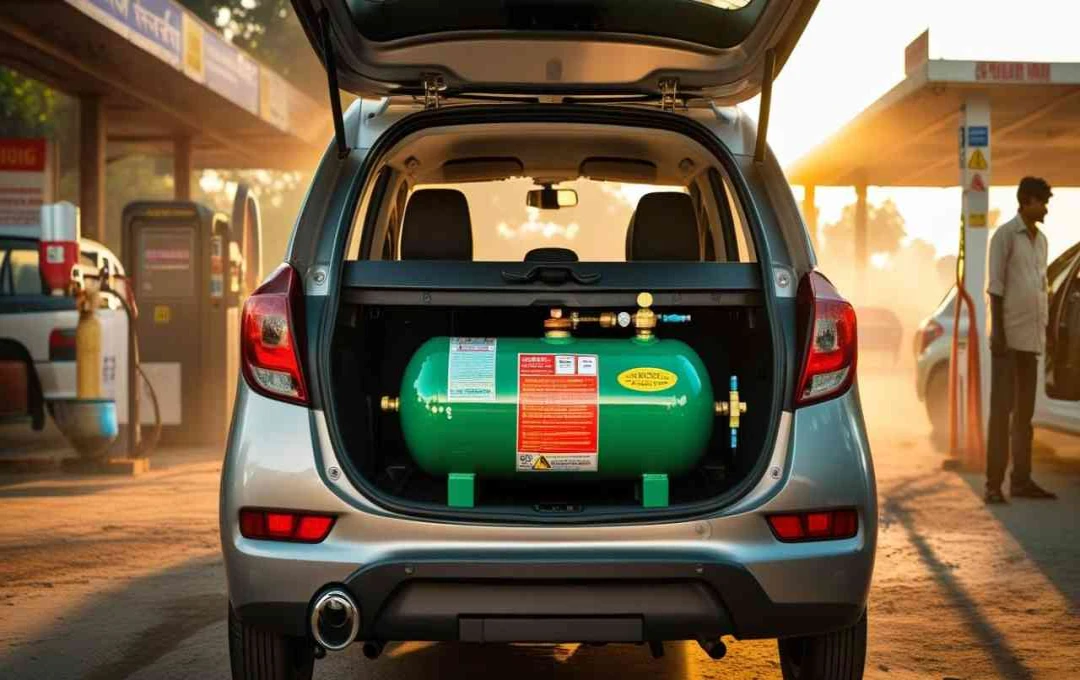Following a directive from the Department of Telecommunications, Airtel, Jio, BSNL, and Vi have implemented emergency protocols to ensure continuous and improved connectivity for users in border areas.
In light of rising tensions between India and Pakistan, leading Indian telecom companies Airtel, Jio, BSNL, and Vi have implemented emergency protocols. This step is primarily aimed at ensuring uninterrupted telecom connectivity in border regions. These companies have also activated emergency operation centers (EOCs) at the state and district levels to mitigate any potential difficulties faced by citizens during this critical period.
Purpose of the Emergency Protocol
The Indian government recently directed telecom operators, through the Department of Disaster Management, to maintain uninterrupted operation of their base transceiver stations (BTS) during emergencies. Specifically, this order aimed to ensure stable connectivity within a 100-kilometer radius of the international border, to prevent communication disruptions during any emergency situation. These directives also emphasized maintaining network integrity to facilitate seamless communication and the continuation of essential services.
Issued on May 7th, this order also instructed telecom companies to collaborate. The primary objective was to guarantee network operations through mutual coordination and enable immediate response to any emergency. Furthermore, it mandated the creation of an updated inventory of infrastructure and facilities to ensure their security and continued functionality. This measure is designed to strengthen and enhance the overall process.
Importance of Intra-Circle Roaming

A crucial aspect of the emergency protocol is the activation of intra-circle roaming (ICR). This service is particularly valuable during emergencies. ICR allows users outside their home network, even if their network is down, to utilize another telecom operator's network. The key benefit is maintaining network access and remaining connected during emergencies, irrespective of location. This feature ensures continuous connectivity during network disruptions.
Diesel Reserve Arrangements
Telecom companies have been instructed to maintain sufficient diesel reserves to power their base transceiver stations (BTS). This measure is designed to ensure network uptime through diesel generators in the event of power outages. This arrangement guarantees continuous network operation regardless of power supply conditions. This is especially crucial during emergencies, as it ensures uninterrupted service and consistent connectivity for users.
Government and Company Coordination

The collaboration between the Indian government and major telecom companies, including Airtel, Jio, BSNL, and Vi, represents a significant step. The government has explicitly mandated the preservation of connectivity in border areas to ensure immediate communication during crises or emergencies. These companies have coordinated to enhance their services and ensure complete network functionality. This enables uninterrupted access to emergency services and maintains connectivity without interruption.
Security Measures
Telecom companies have been directed to prioritize the security of their network infrastructure. This involves implementing appropriate measures to safeguard equipment. An updated inventory of infrastructure will be maintained to ensure the security and functionality of this equipment during crises. This plan ensures the continuity of telecom services, enabling users to benefit from uninterrupted connectivity, particularly during emergencies.













